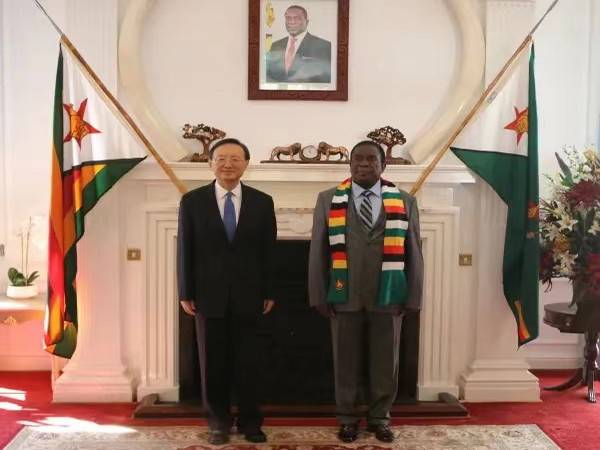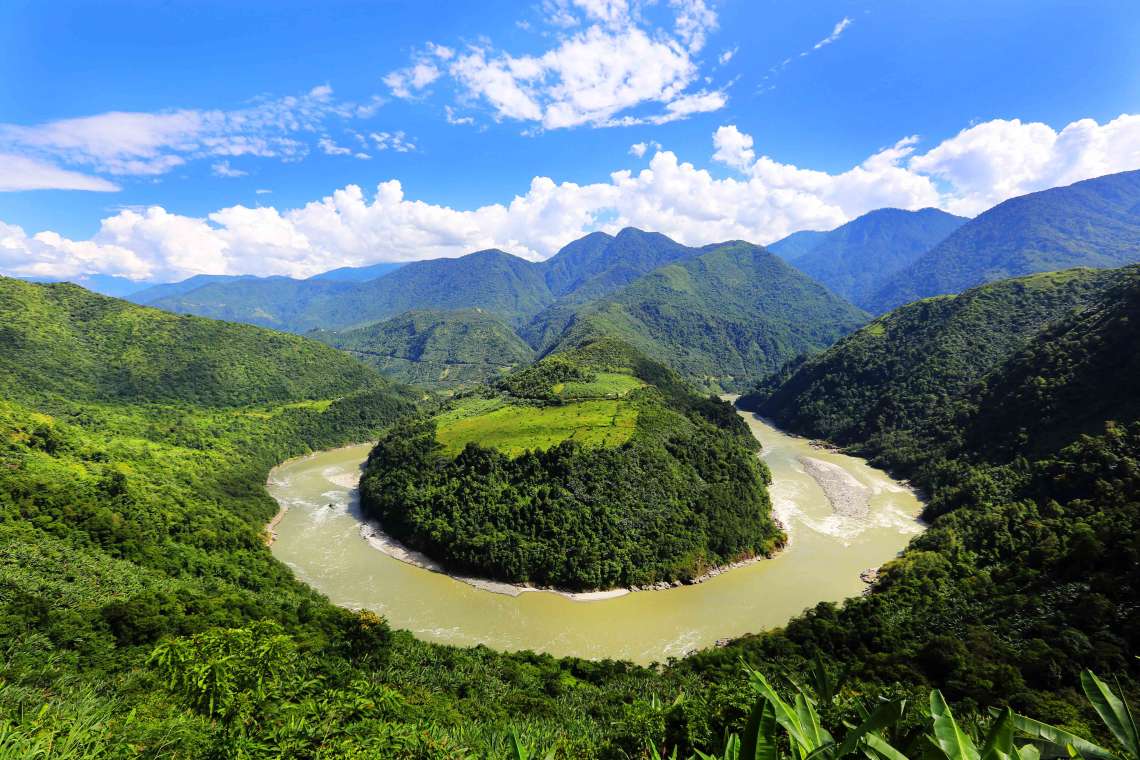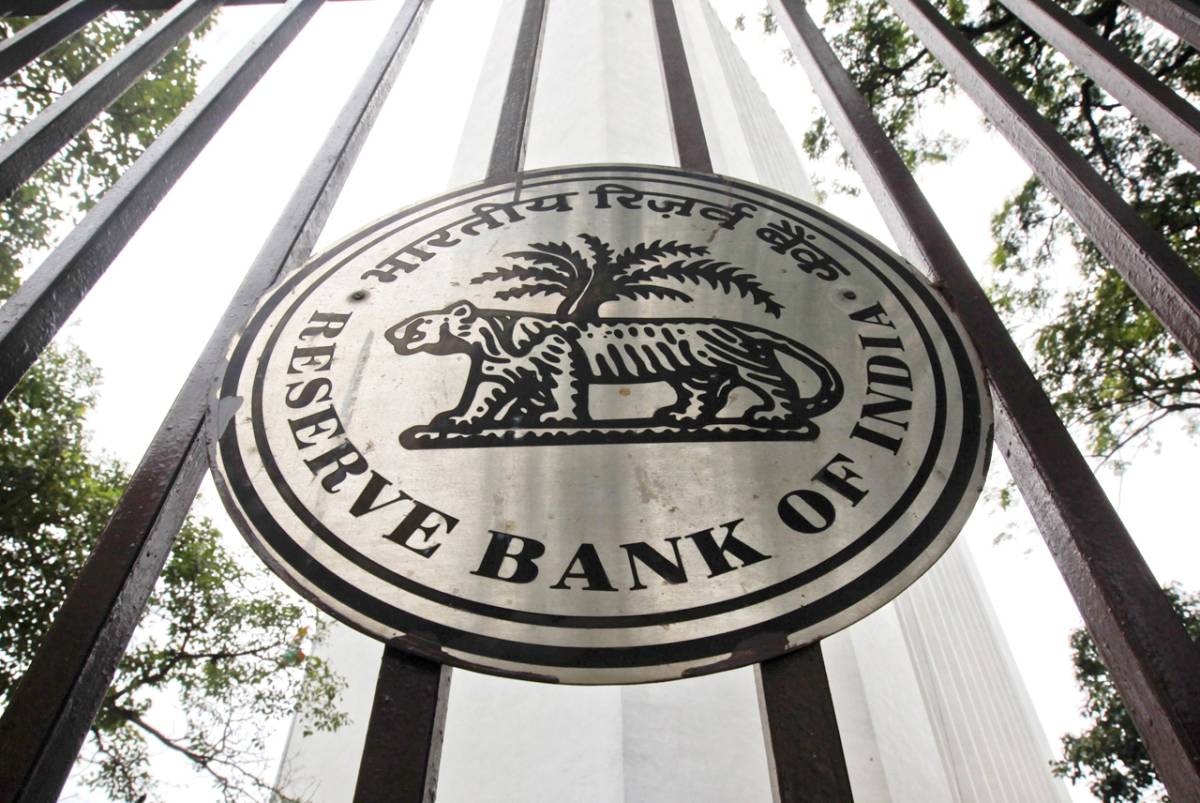As per observers, China is using Zimbabwe as a key strategic location in to spread its influence in southern Africa. Beijing is also trying to promote Zimbabwe at the international forum….reports Asian Lite News
Top Chinese diplomat Yang Jiechi met with Zimbabwean President Emmerson Mnangagwa where both the leaders spoke of cooperation in expanding their partnership to a new high, reports said.
During the meet which was held on July 4, Jiechi appreciated “Zimbabwe’s important role in promoting China-Africa cooperation on the Belt and Road Initiative and stands ready to further strengthen all-dimensional exchanges with Zimbabwe, be it party to party, government to government, military to military and people to people levels, and conduct in-depth exchanges of governance experience with Zimbabwe.”
As per observers, China is using Zimbabwe as a key strategic location in to spread its influence in southern Africa. Beijing is also trying to promote Zimbabwe at the international forum.
China said that it is ready to fully coordinate its position with Zimbabwe on “multilateral affairs, jointly uphold the international system with the United Nations at its core and the international order based on international law, and make the global governance system more just and equitable,” reported China Daily.
The two sides have deepened mutual political trust and consolidated cooperation in various fields, said Yang. Yang stressed the two parties trust and support each other, laying an important political foundation for the all-weather friendship between China and Zimbabwe.
The impact of Chinese loans in Africa is far more complex than it is often portrayed. Online research paper, IJSER reported that some scholars argue that Chinese loans have created a debt trap in Africa, and China is leveraging on the debt trap to strategically penetrate Africa’s political landscape.
China has recently emerged as a major lender in more than 32 African countries including Angola (USD 21.5 billion in 2017), Ethiopia (USD 13.7 billion), Kenya (USD 9.8 billion), Republic of Congo (USD 7.42 billion), Cameroon (USD 5.57 billion)1and Zambia reaching USD 11.2 billion in 2019.
There is the contention that Chinese loans to Africa primarily provide business and employment opportunities for Chinese citizens and contractors to work overseas. This is because China often imposes most of the loans on infrastructure development in Africa.
The imposition is always in favour of Chinese companies which are mostly ‘state-owned enterprises’, in order to boost “China’s Going Out strategy” which maintains Chinese companies as contractors of various projects that are financed by Chinese loans, reported IJSER.
The companies, therefore, create employment opportunities for Chinese citizens in Africa. It feels like China gives out money with one hand and collects it back with another hand.
China is executing a modern form of colonialism at Africa’s expense in order to enable her to become a global player. China deploys troops to Africa in order to meet its mineral and oil needs. (ANI)














